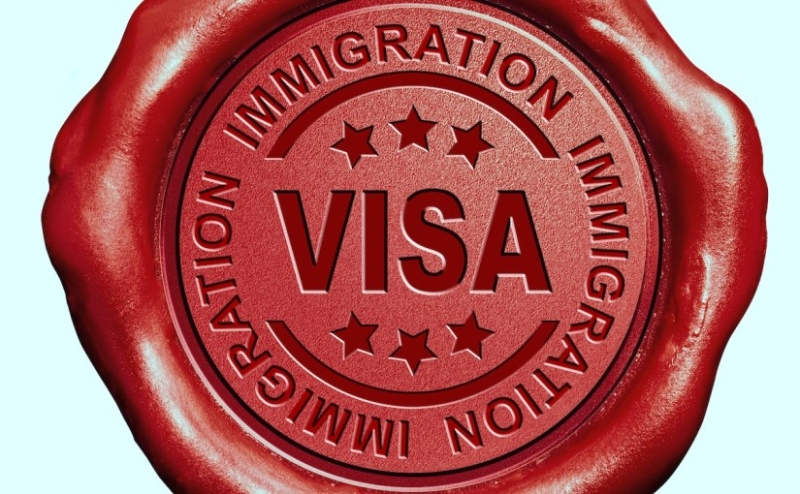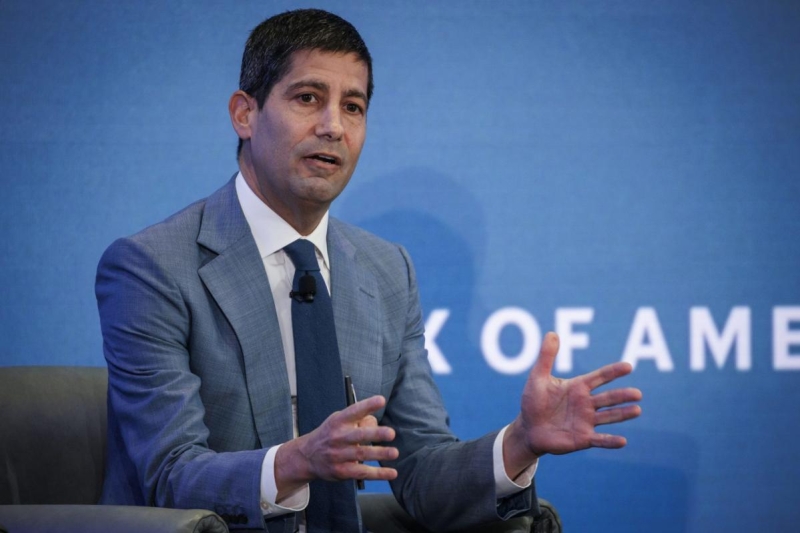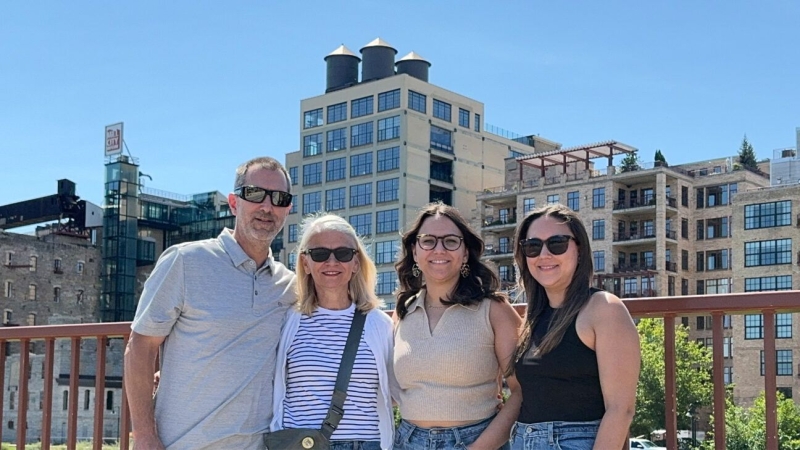
For foreign nationals with “extraordinary ability” in the sciences, arts, education, business or athletics, the path to a green card normally has a much shorter route. The EB-1 extraordinary ability category is a type of employment-based, first-preference visa that has several advantages for a “small percentage of individuals” positioned to prove their expertise within a specific area. As indicated by the elite immigrant visa category, an extraordinary amount of documentation is required to meet the high threshold for EB-1 eligibility.
To provide an example of the evidentiary criteria, this category reserved for individuals with extraordinary ability requires that individuals demonstrate extraordinary ability through sustained national or international acclaim. To do so, applicants must meet at least three of the 10 criteria, or provide evidence of a major one-time achievement, such as a Pulitzer Prize, Oscar, or Olympic medal. In addition, applicants must provide evidence showing that they will continue to work in the area of expertise.
More specifically, the applicant must provide evidence of at least three of the following:
- Receipt of lesser nationally or internationally recognized prizes or awards for excellence
- Membership in associations in the field which demand outstanding achievement of their members
- Published material about the candidate in professional or major trade publications or other major media
- Judgment of the work of others, either individually or on a panel
- Original scientific, scholarly, artistic, athletic, or business-related contributions of major significance to the field
- Authorship of scholarly articles in professional or major trade publications or other major media
- Display of work at artistic exhibitions or showcases
- Performance of a leading or critical role in distinguished organizations
- Command of a high salary or other significantly high remuneration in relation to others in the field
- Commercial successes in the performing arts
While U.S. Citizenship and Immigration Services (USCIS) has been consistent in detailing the criteria to be demonstrated, the specific evidence deemed acceptable has evolved over the lifetime of this visa category. Last September, USCIS updated its policy manual on employment-based first-preference (EB-1) immigrant petitions in the Extraordinary Ability classification. Specifically, USCIS provided examples of comparable evidence and the way in which USCIS will “consider any potentially relevant evidence.”
To further clarify the acceptable types of evidence, USCIS issued another policy manual update on Oct. 2. The most recent update provided additional clarification, stating:
- “Confirms that we consider a person’s receipt of team awards under the criterion for lesser nationally or internationally recognized prizes or awards for excellence in the field of endeavor;
- Clarifies that we consider past memberships under the membership criterion;
- Removes language suggesting published material must demonstrate the value of the person’s work and contributions to satisfy the published material criterion; and
- Explains that while the dictionary defines an “exhibition” as a public showing not limited to art, the relevant regulation expressly modifies that term with “artistic,” such that we will only consider non-artistic exhibitions as part of a properly supported claim of comparable evidence.”
These clarifications likely will provide more consistency in the adjudication process.
This article was co-authored by Tieranny Cutler, independent contract attorney.
© 2024 BARNES & THORNBURG LLP by: Sarah J. Hawk of Barnes & Thornburg LLP For more on EB-1, visit the NLR Immigration section





